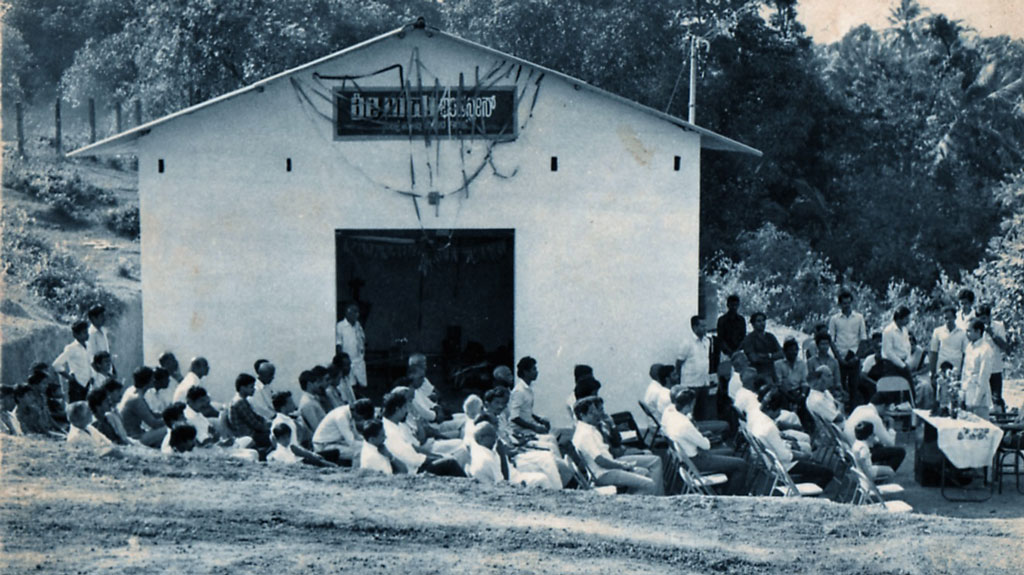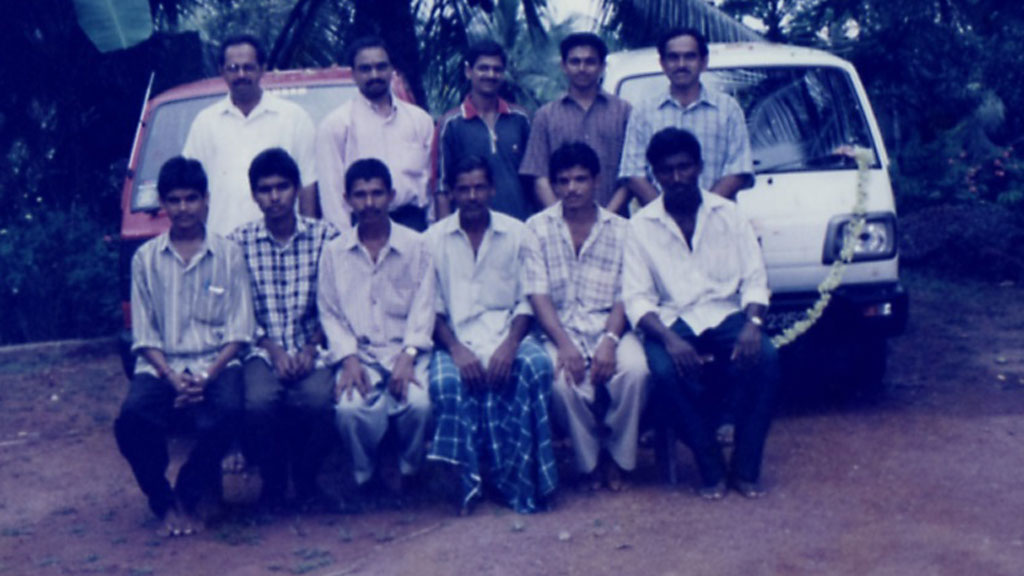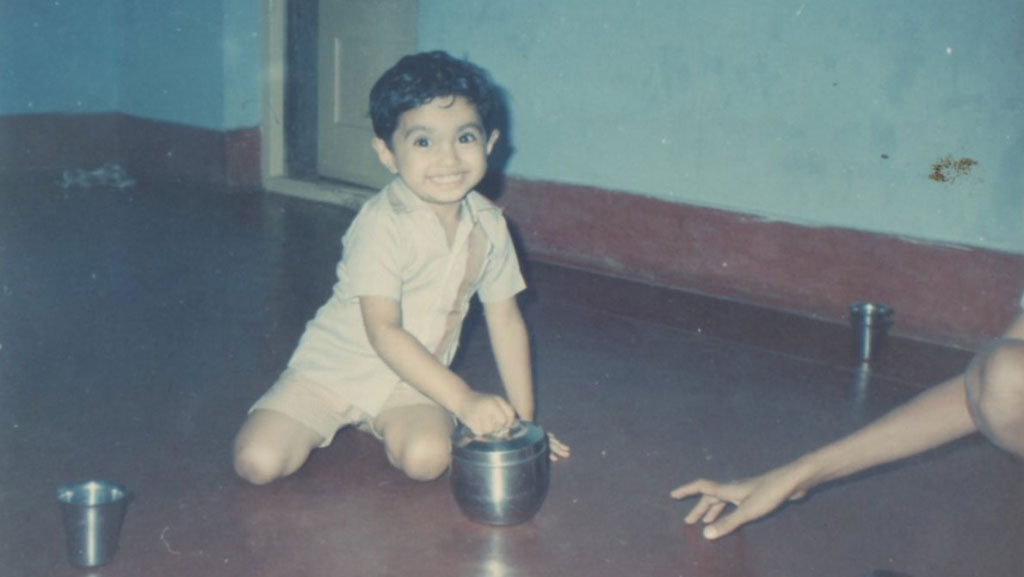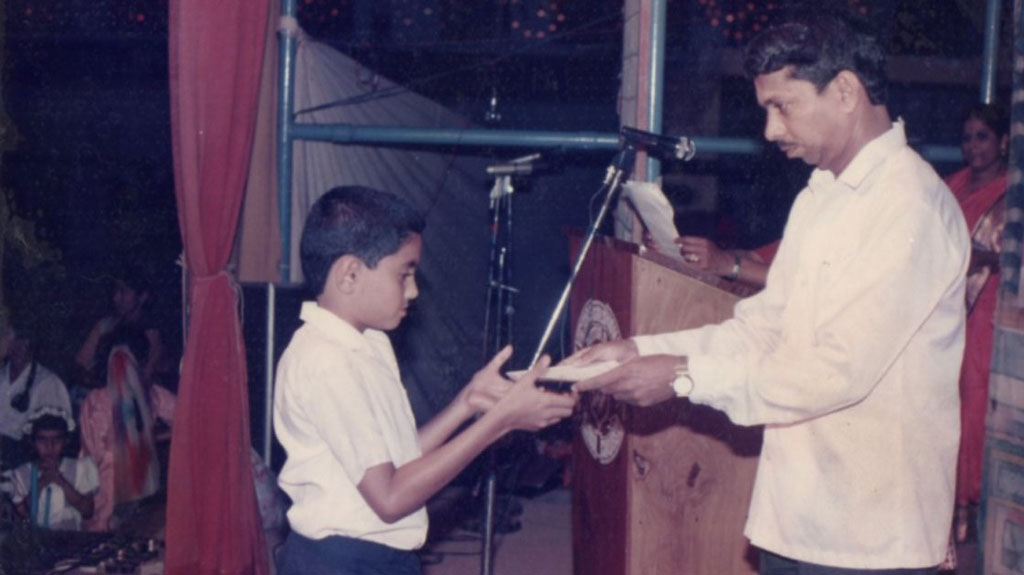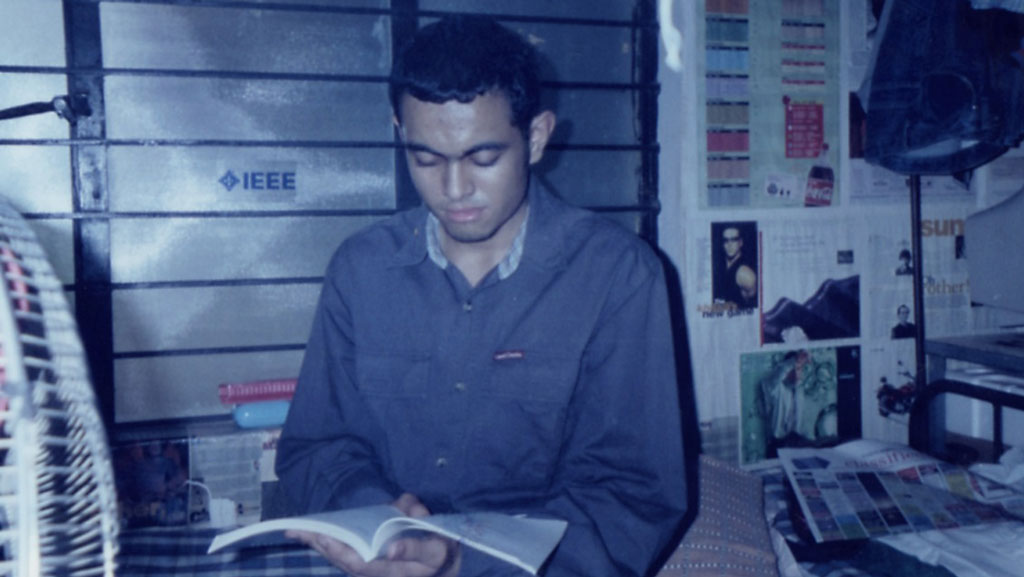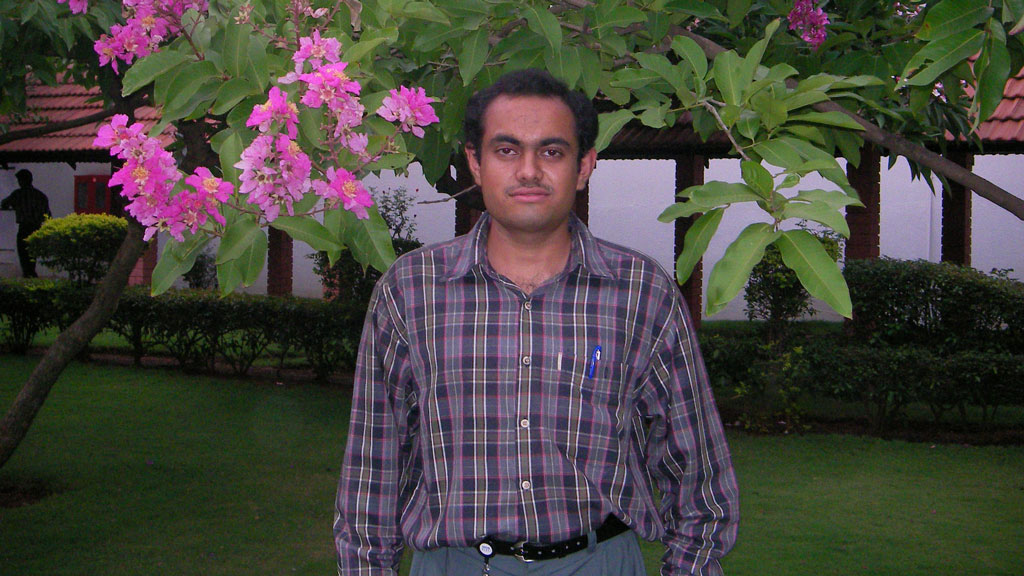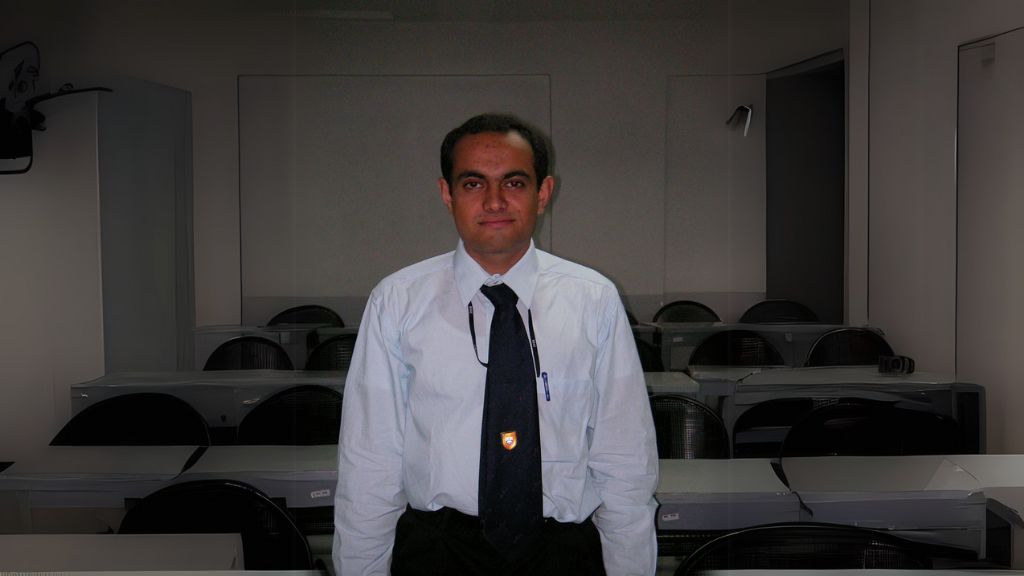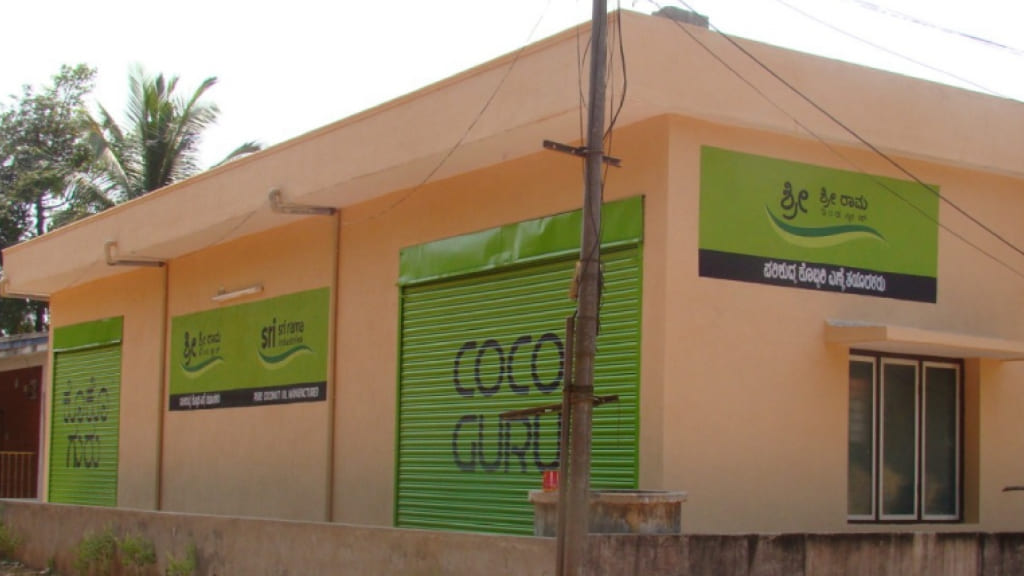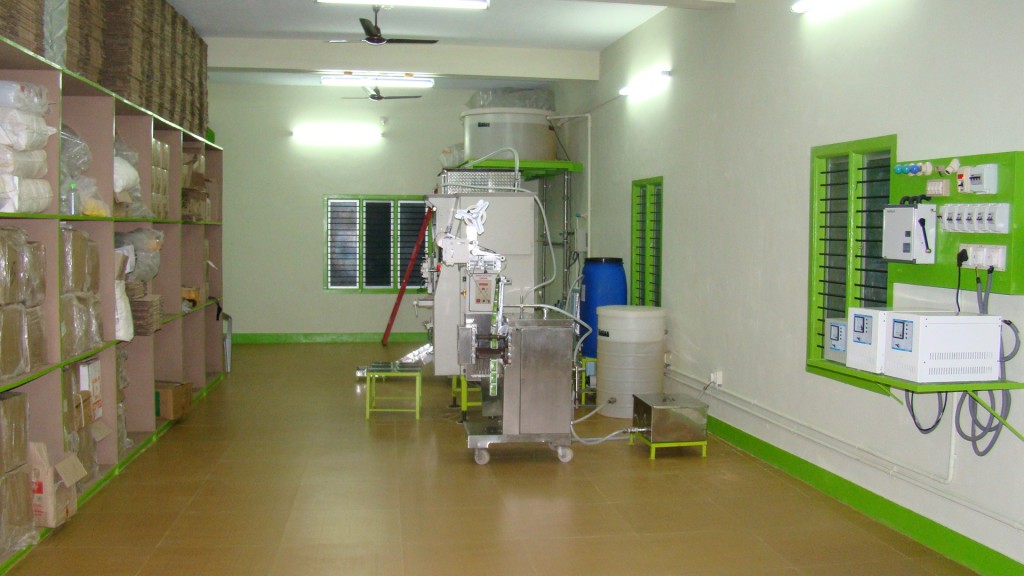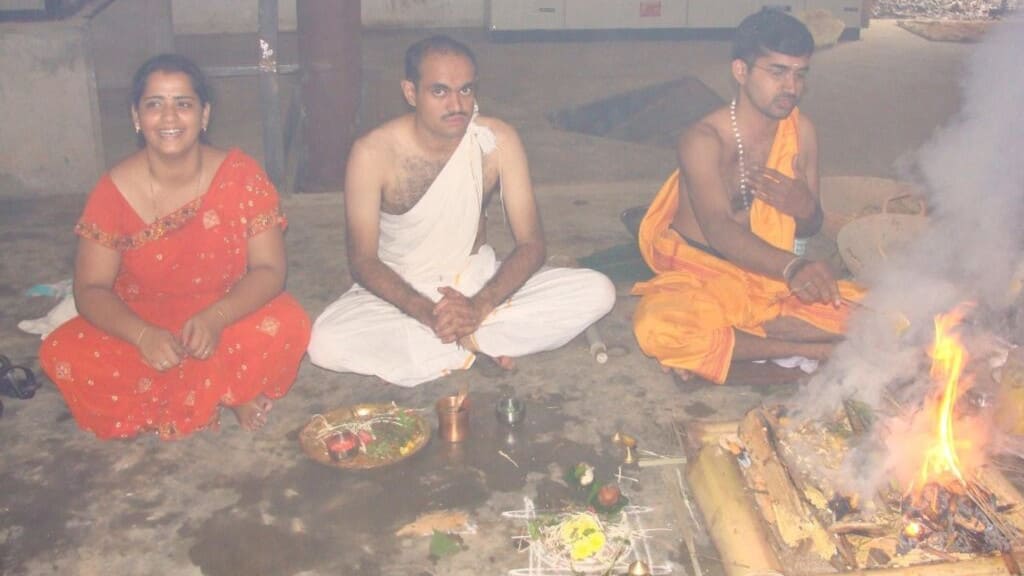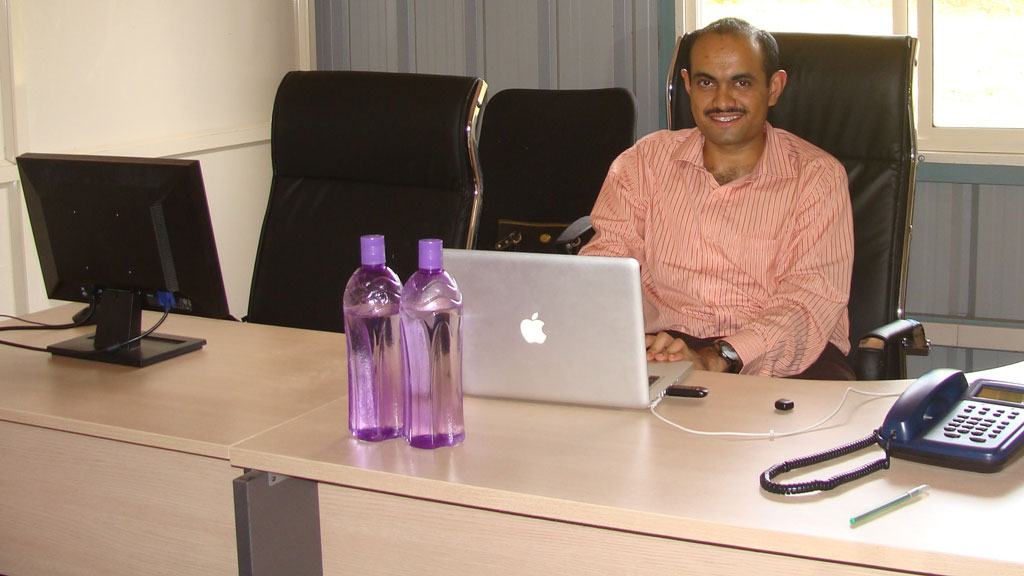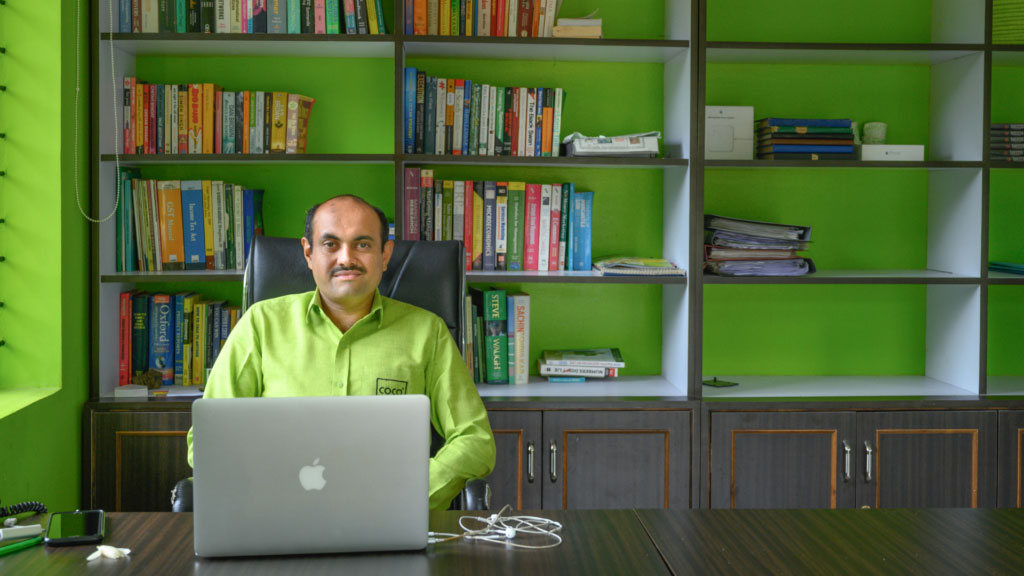The coconut oil milling business in the family was started by Shivashankar Bhat, but the brand Cocoguru was started by Keshava Ram. To anybody curious to know about Cocoguru, the common question will be why and how Cocoguru started.
Those who know its founder, Keshava Ram, personally will wonder why he got into the business and this business. Because nobody would have ever imagined him taking up this role. We will get Keshava Ram to answer this in his own words below
To answer this, let me explore my life’s journey relevant to this because the various forces at play shaped the whole journey. I tell you how I was not suited for it but still got into it.
Childhood
I was just above average in my studies. They had special interests in mathematics and science but were allergic towards languages and social studies. I didn’t watch TV, nor watch cinemas. I was not athletic but would play outdoor games like cricket and badminton and indoor games like carom and chess. I was collecting stamps, coins and matchboxes as a hobby. I was innocent, shy, introverted and short-tempered. I liked playing with mud, water and nature. I used to make crafts from coconut leaves, maize stems, and areca nut leaves. I particularly like making boats and sailing them on water.
Only a few of these qualities are suitable for my role now, majority of them weren’t. That’s why most will be surprised at what I am doing now.
Family
We were a family of four: father, mother, younger brother, and me. We came to Puttur in 1987 and have settled down here since then.
Father had no assets, only the determination to start a coconut oil mill, and he started in a small way. Doing business was very difficult back then and not glamorous as it is now. It was a hand-to-mouth situation for many years. He fought many tough battles along the way, each of which would have wound up the business. That difficulty didn’t come in the way of giving us the right education and exposure.
Mother supported my father fully; she never demanded a lavish lifestyle, saved every rupee, and continues the simple lifestyle even today. She understood my IQ supplied me with a healthy diet for all-around development and, especially ladies’ finger and cow’s milk for brain development. Though the world would consider me good for nothing, she stood by me, appreciated my creativity, drove me towards what I was good at, and loved me unconditionally.
My younger brother was more mature, unlike me; he would take up more responsible adult affairs. He was not interested in studies but took part in social activities and was up to date with local general knowledge. He liked interacting with people. He found playing childish, but he would partner me with hobbies like stamp and coins collection. You can see how different we are. He used to talk to our workers and customers and understood the operations very well. So, he was qualified to be the right successor for the business.
Scientist to Engineer to Manager
During my childhood, I was fascinated by scientists and mathematicians, their great discoveries and their impact on mankind. I wanted to make discoveries and inventions.
I passed 10th standard with 77% aggregate but 85 in science and 93 in maths. Took up science for 11th and 12th. I liked Physics, Chemistry and Maths but disliked Languages and Biology. I listened to lectures attentively, read textbooks out of interest, and solved problems like they were fascinating puzzles. No hard work, just smooth passage, getting a deeper understanding of the world. Mother motivated me to understand the importance of this phase of academics and how my life would be settled if I did well now. I got 73.5% in 12th board exams, which is just average; importantly, I got 98 in Physics, 97 in maths and 83 in chemistry, which was decent. Then we had the engineering entrance exam, CET. The questions here were tougher, but objective answers were enough, unlike board exams, where detailed answers were required for easier questions. It was my cup of tea. I did extremely well here, even overcoming the lower marks in board exams, and I got 86th rank in Karnataka state. I realised my academic goodness just in time when it mattered the most. It was a terrific achievement. I could choose any college, including all NITs and any branch. I chose computer science at SJCE, Mysuru, as my parents believed computer science is where I can apply my talents and have good job prospects. I chose Mysuru as it was a smaller city compared to Bengaluru, where I couldn’t adjust because of air pollution.
To summarise, my interest in maths and science got me a good engineering seat.
I was tired of academics in engineering and didn’t get great marks. But I was fascinated with programming; I liked data structures and algorithms. The focus shifted to placements. I got placed just after the 6th semester in Tata Elxsi, the second company to visit the campus that year.
Then again, my mother motivated me to get an MBA from IIM, as it is needed to get higher up in my career. Mother is very smart; she didn’t tell all the steps necessary to succeed in life in one go. Otherwise, I would have given up at the beginning. She told me the steps just when the situation had arisen. At that time, I completed my teens and got into my 20s. I could understand that what drives the world are not discoveries or inventions in science but making money, gaining power and fame. Getting an MBA from IIM is a gateway to that. (Advice to any aspiring MBA, don’t tell this truth in the interviews)
MBA and 2009 Recession
I attempted CAT in my final year of engineering, and I got 88 percentile overall, with 95+ in the Quantitative and Data Interpretation sections but below 50 in the verbal ability section. The weakness that I overlooked during childhood has started haunting me. I started working on improving my English language by reading newspapers, magazines, and books and improving my vocabulary by referring to dictionaries. But what had been ailing since childhood couldn’t be overcome in 1, 2, 3 or 4 years. I attempted CAT 2 more times with steady improvement in verbal sections. Finally, in my 4th attempt, I gave it my all and took 3 months’ leave from my job. I got 97.5 percentile, with almost 80 percentile in the verbal section. Again no shortlists from any IIMs. This time, I also applied to next-level B-Schools and got into NMIMS, Mumbai. Since I had 4 years break from academics and no background in commerce and management, I studied well in the first year of my MBA. Into my 2ndyear, I focused more on travelling around Mumbai to see places and eat tasty food. The 2008 recession hit the economy and job markets very badly. My experience during summer and final placements was that I was not getting shortlisted by most companies because 4 years of work experience in IT was considered baggage for most FMCG, Telecom, and Banking companies. I finally got placed as a lecturer at Lovely Professional University, Jalandhar. The starting salary offered was lower than I used to get before my MBA at Tata Elxsi. But at least I got something.
Why Entrepreneurship?
With I had always thought of entrepreneurship after my MBA, but not too soon. The reason why I wanted to do a business on my own were
- to build something big
- I like to make my own decisions and not get instructions from bosses and colleagues
- pursue my ideas in my way
- working with teams was not my forte (It is a terrible weakness but I admit it)
- to succeed in a corporate career, one should be able to sell ideas, not only work but take credit for the work done, impress the boss etc, and I didn’t like doing these
- I believe I am creative, I can build things from scratch
- I never give up easily; I tend to take the work to a conclusion and not give up mid-way
- I didn’t care about what others thought about me as anyway I wasn’t held in high esteem till now
- I knew it was hard, with the possibility of failure but I was ready to take it in my stride and move on
Why Home Town?
I like places that are green, with a lot of water, and where it rains heavily. I like rural areas where the air, water, and soil are fresh, where there is more space and less population, vehicles, and buildings. I don’t like travelling long distances for long periods of time for work; home and work should be very nearby. The cost of living is much lower. My home town, Puttur, in Dakshina Kannada, was perfect in that sense.
While working at Tata Elxsi, I spent five months in Japan. Though it was a developed country and my life was good, I felt homesick. I realised the importance of being in my home town with known people, being with loved ones, eating food you normally eat, getting entertained, etc.
While people move to cities in search of opportunities. I felt being at home town was a great luxury. Opportunities are everywhere in this age of mobile and internet connectivity, and they are not bound by place but by mind.
Why the coconut oil business
Entrepreneurship is hard. I have no experience, and I don’t have the necessary “qualities” to run a business. So, instead of doing something new, we should start with something we knew under the guidance of my father.
I had never bothered about the family business until then. If I had visited the oil mill at all, it would have been to see how the machines work, how power transmission happens from motor to gearbox to pulley to final oil extraction machine, and to eat the coconut sprouts we get while breaking coconuts. I had never talked to employees or customers and had never participated in operations.
Once, while I was preparing for an MBA interview, the coaching institute recommended we know everything we have gone through in life as there would be questions around them. So, I asked my father about his business for the first time. I was fascinated to know the kind of work he was doing, which needed much greater intellect than the work I had been doing. Also, he told us how our business helps the farmers around. Why is it a healthy edible oil despite all the propaganda against it? What are his challenges and his need for modernisation, branding and marketing?
So, starting with coconut oil before branching into anything else made sense.
How did I join the family business?
While I didn’t get a good job after my MBA, I thought the time for entrepreneurship was now as the opportunity cost was low. So, I asked my mother if I could join the family business. I thought they would be thrilled at my decision and would vehemently agree. But after a day, they denied. They said this recession was temporary, and I better get into a job.
So, why did my parents feel it was not wise for me to join the family business?
- This business was too small and simple for a highly educated person like me to use my intellect
- Brother was already working on the business, and dividing it would be a problem
- Father struggled to establish the present level and they didn’t want me to go through such a struggle when plenty of opportunities were available
- My skills are mostly technical and theoretical; they don’t have a place in this business
- This business needed one to be tough, assertive, and have local knowledge, which I didn’t have
- Father built it painstakingly over the years, and I might foolishly suggest some changes to be done overnight
- Mother didn’t want me to take risks in business but rather have a well-defined, safe job in the corporate sector
I respected their decision, completed the course, and returned home at the end of March 2009. The joining date at Jalandhar was in July. So, I had 3 months. I said I would research the business and suggest a few ideas for growth. So, I went to Bengaluru to market research with retailers and consumers. I did it for a month, returned, and did the same at Puttur. There is a long way to go, and lots need to be done before we will be considered a serious brand in Bengaluru. I just sat back at home and said I would implement the ideas.
Branding
I took up marketing specialisation in MBA as it was my weakness, and I wanted to learn more about it. My summer internship after 1st year was in marketing. I couldn’t do a good job there because I lacked an understanding of marketing concepts. During 2nd year, I took an elective course on Strategic Brand Management, and we had to refer to a book by Kevin Lane Keller. It was an eye-opener for a novice like me. After completing the course and conducting marketing surveys, I sat at home to read the book from 1st page to the last page in a period of 1 week. Family members wondered what I was doing; I said I would implement the ideas and was lying on the bed to read the book. Now, after 12 years of experience in business, I realise that the most important factor contributing to sales is the brand. So, all activities of the company must be directed towards building a brand.
Until then, coconut oil was sold loosely or with the Santhosh brand without consistent graphics. I thought we had to create a name that is unique, represents the brand, is easily remembered, and can be protected by a trademark, a website with a dot com domain, and social media handles can be obtained. Hence started the brand Cocoguru.
Automatic Packing
When I visited supermarkets in Bengaluru for market research, I asked them what it takes to sell our products there. They collectively said that the packing should be strong and attractive, the brand should be strong, and people should ask for it. Pricing and payment terms were secondary. So, the initial part of my journey was about setting up an automatic packing plant to pack coconut oil in pouches and bottles. Designs have to be made so that they are attractive and professional. Setting up this packing unit was a capital-intensive project, and I got it funded by the bank. The subsidy was availed from the Coconut Development Board. In 6 months, the building was made ready, power connections were made, tanks and pipelines were set up, and packing and filling machines were installed. Oil vending machine was installed at retail outlet.
Many more improvements were in the pipeline. Making all those changes would mean the present setup would be disturbed. So, the father recommended setting up a new plant as a new legal entity in a new place, and Cocoguru Coconut Industries Private Limited was started at Kallarpe.

